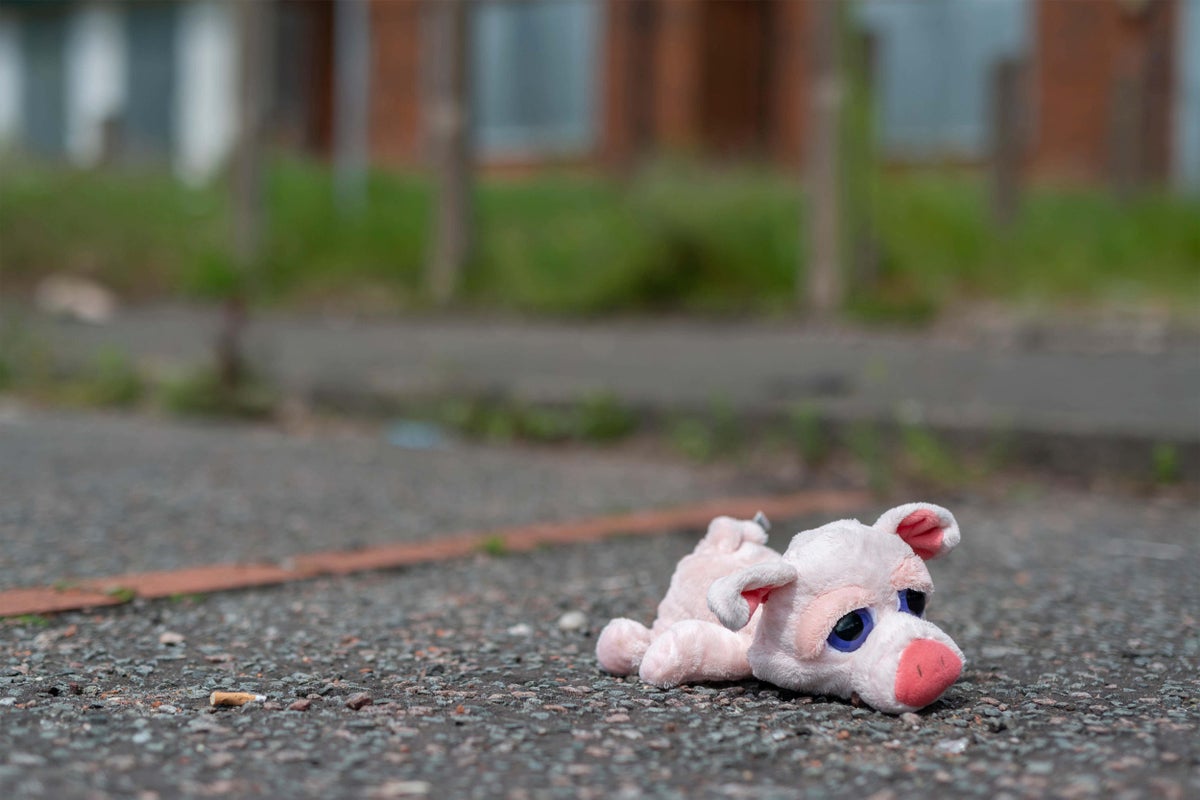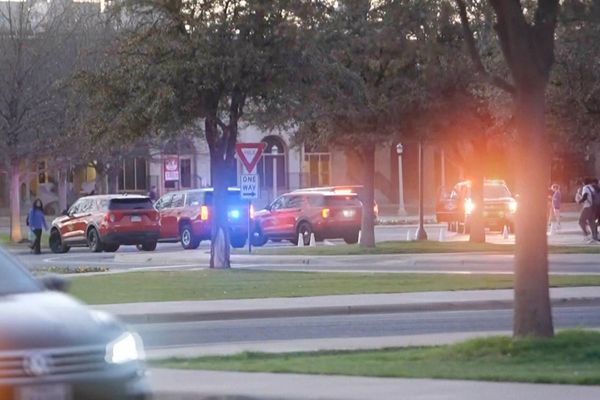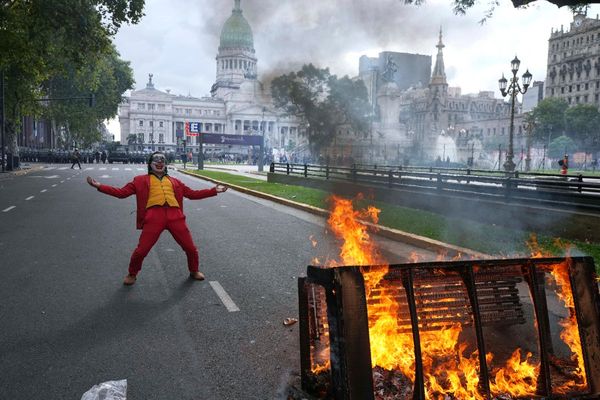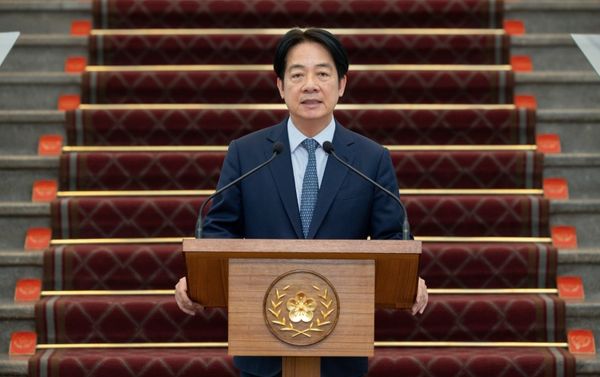
Hungry children have resorted to stealing food as more than 120,000 young people are now living in extreme poverty in the UK, charities say.
The situation has worsened since last year, with levels of destitution among children and young people rising significantly, a survey of workers found.
Frontline staff warned that rising poverty was keeping children out of school as they worried they would be bullied for not being able to afford well-fitting clothes. Parents were forced to skip meals to feed their children and live with no heating or hot water, they said.
Responses to the survey laid bare the “degrading and unsustainable” levels of poverty that children in Britain are facing. They include:
- Children rushing to open and eat a tin of cold beans they were handed because they were so hungry
- A child refusing to go to school because she didn’t have any shoes that fit, was living in an unheated dark house, and was forced to steal an apple out of hunger “like a story from the 1800’s”
- Unwashed children being bullied at school because of their ripped clothes. One boy was unable to attend a job interview because he could not afford the bus fare and had no suitable clothes
- A three-year-old with extreme dental problems because his parent was using milk and juice to help him feel full because it was cheaper than food
- A two-year-old seen playing with a button and some fluff on the floor because he had no toys
Buttle UK, which works with children and young people in crisis, surveyed over 1000 frontline workers, who collectively look after more than 200,000 children in poverty.
Some 60 per cent of the children they worked with were living in destitution – up from 45 per cent the previous year and 36 per cent in 2021.
The charity, which published its annual State of Child Poverty report on Friday, said: “By extension, the families our frontline workers are supporting approximately 122,000 children living in destitution.
“The year-on-year change between the last three survey cohorts dramatically illustrates the progressively worsening circumstances for children in poverty.”
The charity described the term destitution as one describing the absolute lowest standard of living any adult, child or young person can experience, adding that the “lived reality is degrading and unsustainable”.
Buttle’s chief executive, Joseph Howes, said the report “demonstrates the catastrophic impact of the pandemic and the cost of living crisis”.
The survey was open to workers between April and May and had 1,240 responses from across England, Scotland, Northern Ireland and Wales.
Figures released earlier this year showed that around 125,000 pupils last year were severely absent from school— (PA)
The charity said more than half of the families they were trying to help could not afford enough food and nutrition (57 per cent); could not afford gas and electricity (58 per cent) and going without beds, sofas and basic appliances (63 per cent). Many were going without IT equipment for education or employment (65 per cent) and 49 per cent said they could not afford their rent or equivalent.
In one case, a family was made homeless and living in a B&B with a dirty carpet that was causing health issues, from rashes to coughing.
Another worker reported seeing parents with no prior mental health diagnosis being admitted for psychosis due to the pressures of overcrowded housing.
In another stark example, one case worker was supporting a parent and four children in the East Midlands who could not access emergency housing.
They said: “Not a single hotel, B&B, AirBnB anything in our city. The family were sent to a motorway service station 30 miles away, no access to cooking facilities, no supermarkets etc. They had to check out each morning at 10am and wait to find out where the next hotel room had been booked for them. They would walk the streets until 4pm each evening when the next hotel would allow them to check in. This went on for over a month.”
Last month, Education Secretary Gillian Keegan said pupil absences were at “crisis” level, as she endorsed headteachers driving children to school if necessary.
Figures released earlier this year showed that around 125,000 pupils last year were severely absent, meaning they were absent more often than they were in classrooms.
A government spokesperson said: “There are 400,000 fewer children in poverty since 2010 – but we know cost-of-living pressures are squeezing families’ budgets, which is why we’re providing record financial support worth an average £3,300 per household and bearing down on inflation to help everyone’s money go further.
“The two-child policy asks families on benefits to make the same financial decisions as families supporting themselves solely through work, and there are careful exemptions.”







